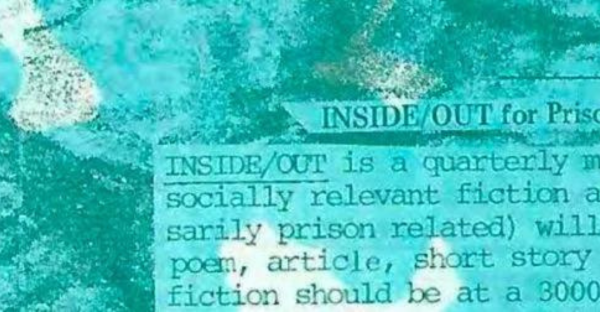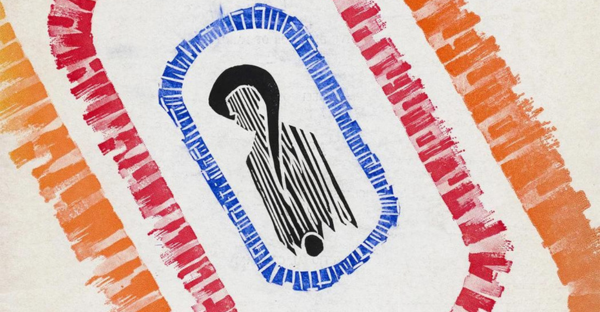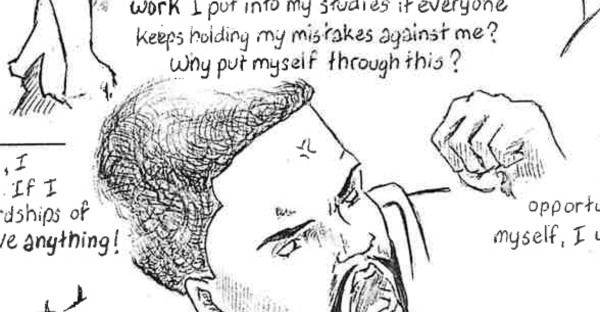
A session at the Building College and Community Partnerships for Reentry convening, hosted in September 2025 at ITHAKA’s NYC office.
People in prison face significant barriers to accessing high-quality education and information. From limited access to academic materials, technology, and the internet, to the scarcity of dedicated classroom space, the prison environment poses serious challenges to learning. Carceral facilities are often information deserts—where access to general and legal libraries is restricted, and opportunities for creative expression through writing or the arts are difficult to pursue and even harder to preserve.
At Ithaka S+R, our Justice Initiatives program works to expand access to knowledge, education, and cultural expression for incarcerated people. Through strategic research, field-building partnerships, and expert advising, we support efforts to strengthen postsecondary education in prisons and jails. We also advance the role of libraries, archives, and other cultural institutions in ensuring that incarcerated learners, writers, and artists can create and preserve their work—and make it accessible to the public.
Higher education in prison
Expanding access to postsecondary education and supporting student success is central to our mission. Since its inception, the Justice Initiatives program has worked to shed light on the systemic challenges facing incarcerated learners—from limited access to educational technology and the absence of robust data infrastructure, to the spatial and architectural barriers that make learning more difficult in carceral environments, as well as the difficulties these learners face in continuing their education during re-entry.
Through this research, Ithaka S+R provides evidence-based insights and practical expertise to inform the policies that shape higher education in prison. We engage in ongoing policy and legal conversations—on the restoration of Pell Grant eligibility for incarcerated students, state-level tuition assistance programs in New York, and media review policies that affect the availability of educational materials behind bars. We also support the field more broadly by connecting key stakeholders, offering technical assistance, and helping to strengthen the infrastructure that supports educational opportunity inside.
Library resources
Within carceral spaces, libraries serve as vital hubs for learning, legal empowerment, and intellectual engagement for incarcerated individuals—whether pursuing a degree, preparing for reentry, or navigating the legal system.
Our work seeks to strengthen the role of prison libraries as essential access points to information and learning. We document the services currently available to people behind bars, identify critical gaps, and explore strategies to build stronger connections between prison libraries and their public, academic, and state counterparts—aligning systems and sharing resources to expand access inside. We also examine how libraries can support individuals during reentry, and the role they play in helping formerly incarcerated students navigate college life and continue their educational journeys after prison.
Preservation and memory
Incarcerated writers and artists face significant obstacles in creating and preserving their work. From the challenge of acquiring basic materials to the lack of secure storage and widespread censorship, their creative expression—across writing, visual arts, theater, and music—is continually at risk of being silenced or lost. Even when their work does make it beyond the prison walls, the absence of infrastructure for preservation means it is often not archived or made accessible to the public.
At Ithaka S+R, we study how incarcerated individuals create, circulate, and safeguard their artistic and intellectual work despite these barriers. We support existing archives, advise cultural institutions on preservation strategies, and help ensure that this body of work is not only protected, but recognized as a vital part of the American cultural and historical record.
Justice initiatives across ITHAKA
The work of Ithaka S+R is part of a broader commitment across ITHAKA to expand access to education and preserve cultural expression within carceral settings. Together, we support efforts to deliver high-quality educational opportunities to incarcerated learners and to ensure that the intellectual and creative contributions of people in prison are recognized and preserved.


